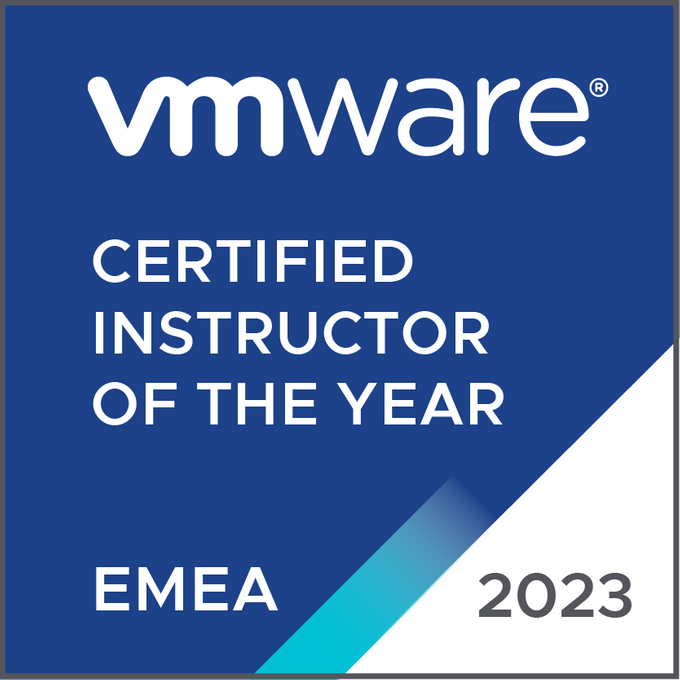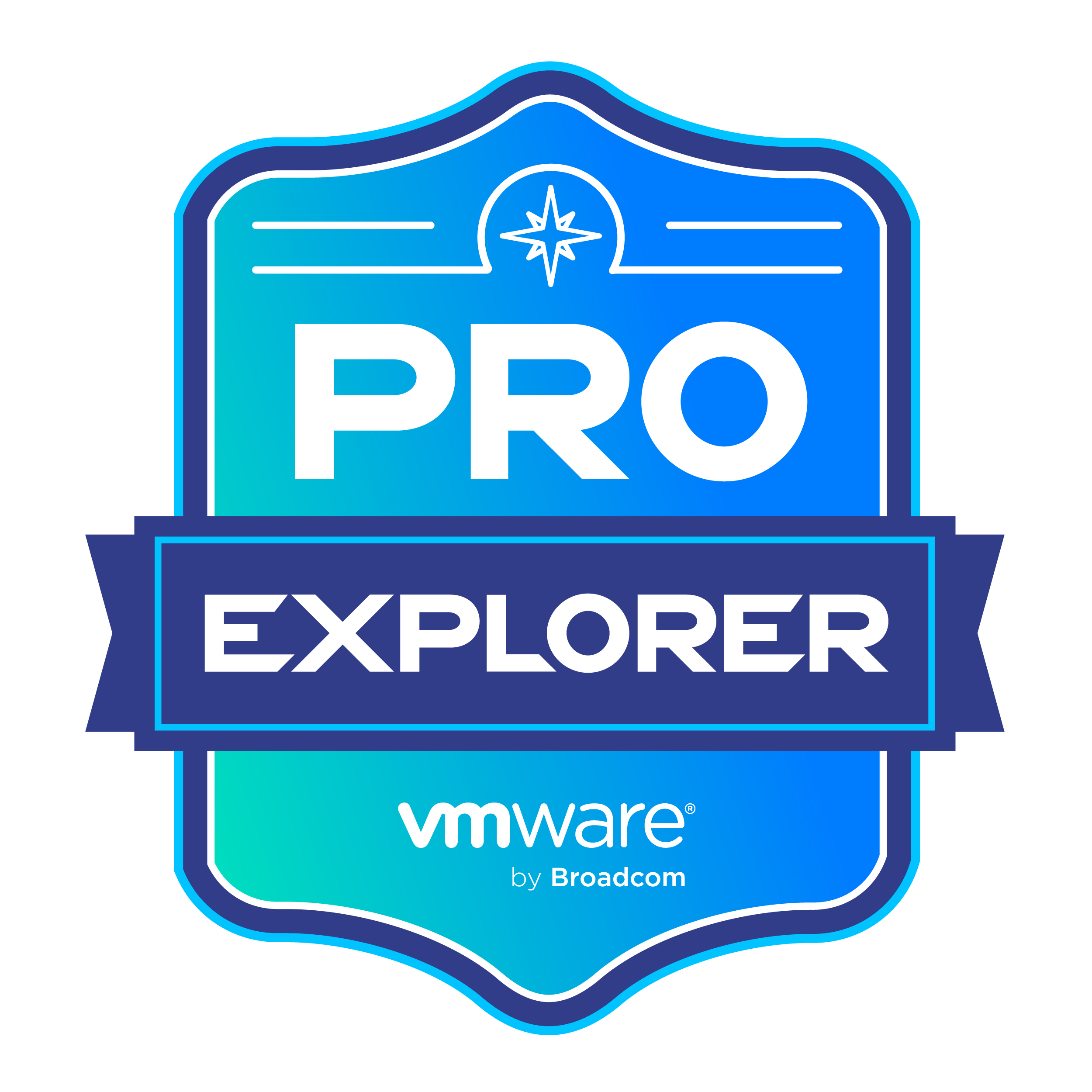 The introduction of Memory Tiering in VMware Cloud Foundation (VCF) 9.0 marks a new era for scalability and cost efficiency in modern datacenters. Traditionally, memory has been one of the most expensive components in a server. With workloads demanding more memory than ever, and performance-sensitive applications leaving little room for overcommitment, Memory Tiering provides a smarter, more economical approach.
The introduction of Memory Tiering in VMware Cloud Foundation (VCF) 9.0 marks a new era for scalability and cost efficiency in modern datacenters. Traditionally, memory has been one of the most expensive components in a server. With workloads demanding more memory than ever, and performance-sensitive applications leaving little room for overcommitment, Memory Tiering provides a smarter, more economical approach.
So, what is Memory Tiering?
It combines two types of memory:
Tier 0 – DRAM: high-speed, expensive memory used for frequently accessed (“hot”) data.
Tier 1 – NVMe: slower, but more cost-effective memory used for infrequently accessed (“cold”) data.
VCF 9.0 dynamically places hot pages in DRAM and cold pages in NVMe, all completely transparent to the virtual machines. The default 1:1 ratio doubles the system’s available memory with a fraction of the cost increase, effectively increasing VM density while maintaining performance.
Testing across a wide range of enterprise workloads shows impressive results:
-
Login Enterprise (VDI): up to 2x VM density with less than 6–8% performance loss
-
VMmark (enterprise apps): 2x VMs with less than 5% drop in performance
-
SQL Server, MySQL, Oracle (database workloads): up to 2x VM density with less than 10% performance degradation
-
vMotion: slightly increased migration time, but no meaningful guest performance penalty
The key takeaway: Memory Tiering allows you to scale your workloads without doubling your DRAM investment. Monitoring remains important—keep active memory usage around 50% of DRAM and ensure NVMe read latency stays below 200 microseconds for optimal results.
For IT teams managing memory-constrained environments or facing budget limitations, Memory Tiering in VCF 9.0 offers a compelling way to reduce TCO by up to 40%, increase VM density, and maintain user experience across VDI, databases, and general enterprise workloads.
Want to learn how Memory Tiering can work in your environment or lab setup? Reach out via ntpro.nl for tailored VMware insights, real-world training, and hands-on expertise.
 Met de komst van VMware Cloud Foundation (VCF) 9 is het VMware-landschap ingrijpend veranderd. Nieuwe versies van vSphere 9, vSAN 9, NSX 9 en de volledige automation- en operations-stacks worden voortaan alleen nog beschikbaar gesteld via de VCF-distributie. Voor veel organisaties betekent dit dat het traditionele beheer van losse clusters en afzonderlijke lifecycle management tools plaats moet maken voor een geïntegreerd platform.
Met de komst van VMware Cloud Foundation (VCF) 9 is het VMware-landschap ingrijpend veranderd. Nieuwe versies van vSphere 9, vSAN 9, NSX 9 en de volledige automation- en operations-stacks worden voortaan alleen nog beschikbaar gesteld via de VCF-distributie. Voor veel organisaties betekent dit dat het traditionele beheer van losse clusters en afzonderlijke lifecycle management tools plaats moet maken voor een geïntegreerd platform.









